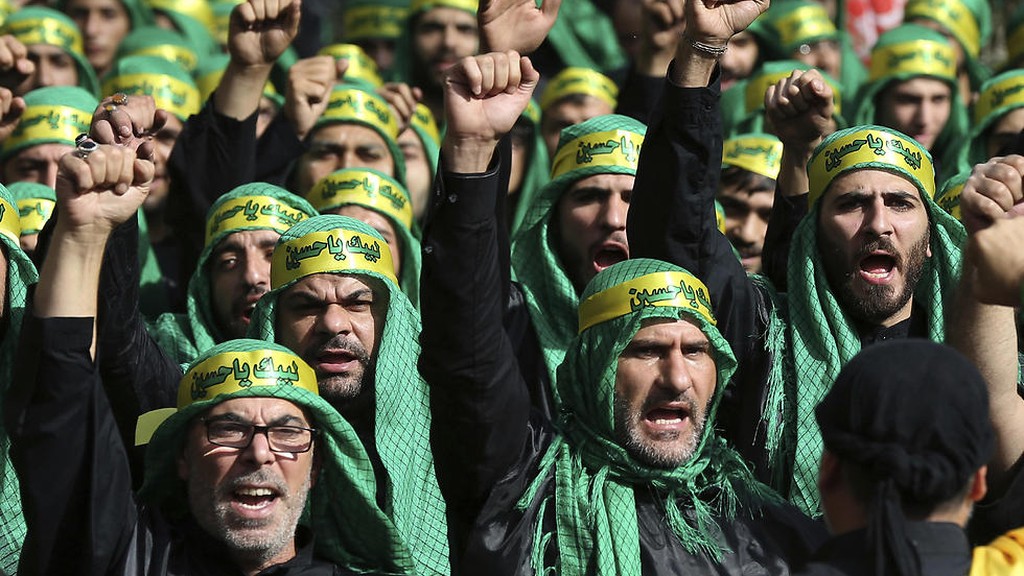Try to imagine if you will, a different scenario than the one that took place on Monday in Mount Dov, in which IDF troops shot to kill the Hezbollah cell that tried to sneak into a military outpost instead of simply firing a few warning shots.
There is little doubt that Hezbollah would have responded by firing a few anti-tank missiles and mortars rounds in order to cover the escape of those who were left alive and to prevent the IDF from collecting the bodies and the equipment left behind.
7 View gallery
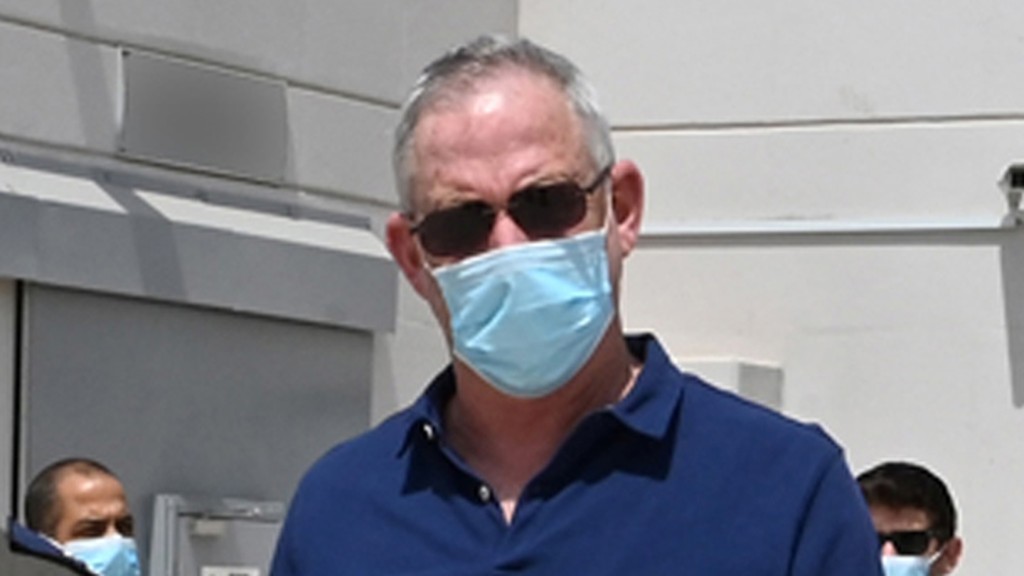

Defense Minister Benny Gantz tours Mount Dov after the infiltration by a Hezbollah cell
(Photo: Defense Ministry)
If the IDF Spokesperson's Unit had released a video of this scenario, it would have served to utterly humiliate Hezbollah in the eyes of Lebanon and the entire Arab world.
Hezbollah would have then opened fire on Israel, not only to dilute the impact of its spectacular failure in the eyes of the people but mainly because the organization under Hassan Nasrallah lives with the illusion that it must retaliate every time Israel kills one of its people in order to maintain a balance of deterrence.
All the more so on the slopes of Mount Dov, which Hezbollah calls the "Shebaa Farms" and claims that is sovereign Lebanese territory.
7 View gallery
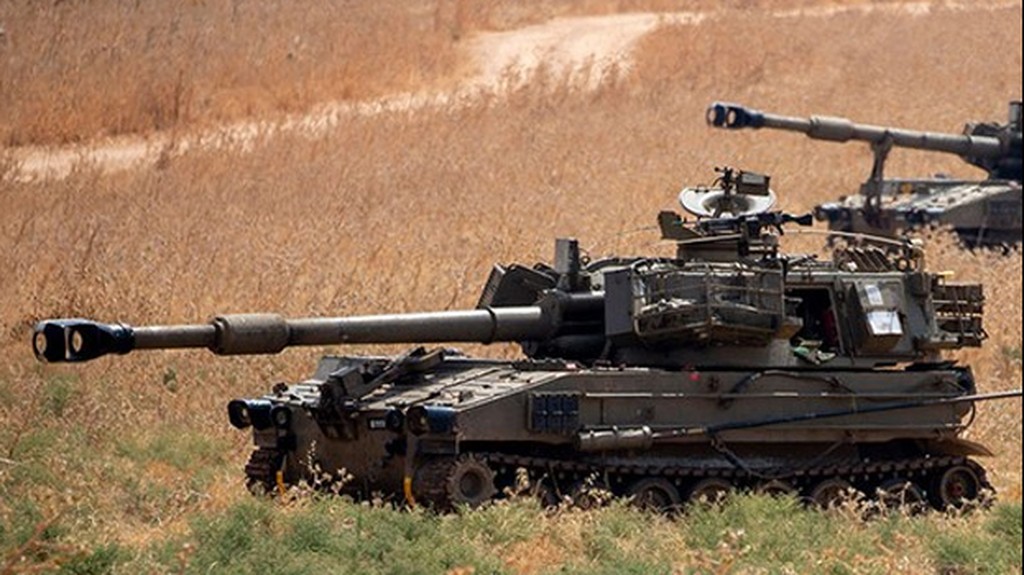

IDF armored vehicles on Mount Dov after the Hezbollah infiltration attempt
(Photo: Defense Ministry)
In order to preserve the day-to-day routine of the residents of northern Israel, the IDF would have surely responded with artillery fire and perhaps even aerial strikes to paralyze the sources of the attacks near where the incident took place.
Shrapnel and possibly a few wayward shells could have caused damage in several Lebanese villages in the area, serving to further tarnish Hezbollah and Nasrallah's image as "the defenders of Lebanon" and showing that innocent Lebanese citizens pay the price for their actions.
That is why Nasrallah would have refused Israel's offer to negotiate a ceasefire mediated by UNIFIL, while trying to broaden Hezbollah's attacks to the entire northern sector, including against Israeli communities close to the border.
That could have been the opportunity Israel and the IDF have been waiting for.
Hezbollah would continue to launch missiles and rockets into Israeli territory while striving to strike the heart of Tel Aviv as quickly as possible before its dozens of precision missiles were destroyed on their launch pads by the IDF.
7 View gallery
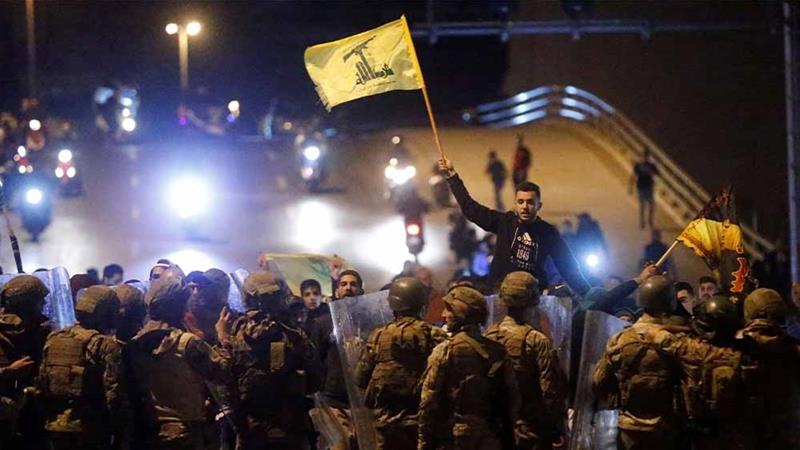

Hezbollah and Amal demonstrators clashing with police in Beirut earlier this year
(Photo: Reuters)
At the same time, Hezbollah would have sent fighters to raid Israeli communities near the fence, aiming to hoist the organization's yellow flag and take Israelis hostage - a visible achievement even if it meant its own people were killed as a result.
These attacks would have been repelled though by the IDF troops stationed in the area. A few days later, the organization through the Lebanese government would have accepted a ceasefire on Israel's terms.
Nasrallah would have been left with no other choice but to accept such terms. Three-quarters of his missile and rocket arsenal would have been destroyed by Israel, anything sent by Syria and Iran would have been eradicated by the Israeli Air Force and hundreds of the organization's personnel would have been killed.
7 View gallery
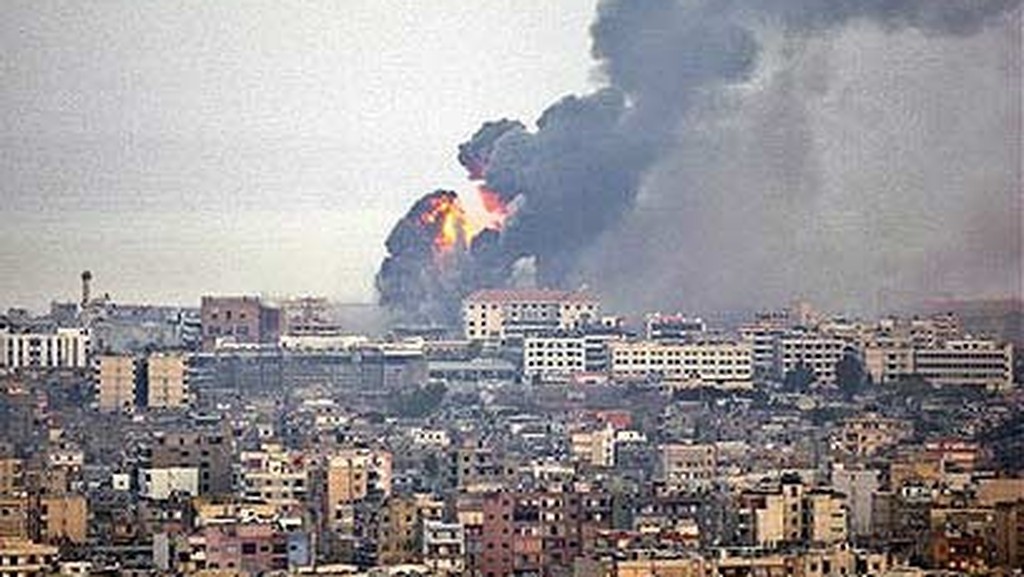

An IDF strike on a Hezbollah-held area of Beirut during the 2006 Second Lebanon War
(Photo: AP)
Sanctions-hit Iran is in no position to aid Nasrallah and rebuild Lebanon the same way it did after the 2006 war. And this time Lebanon's command infrastructure would have been thoroughly hit as well, thanks in no small part to the growing protests against Lebanon's de facto ruler, Hezbollah.
The Israeli home front would surely have taken some hits too. Yet any damage and casualties on our side would have been negligible – due to Israel's deterring strikes that would have destroyed a sizeable portion of Hezbollah's missiles and rockets, thus shortening the fighting considerably.
This scenario could have come to pass if the IDF, at the behest of the political echelon, had decided to order its men to shoot to kill at the terrorist cell that approached the IDF post this week.
This scenario would have allowed Israel to take Nasrallah's "deterrence policy" and use it against him, thus removing the most serious strategic threat currently facing the citizens of Israel.
7 View gallery
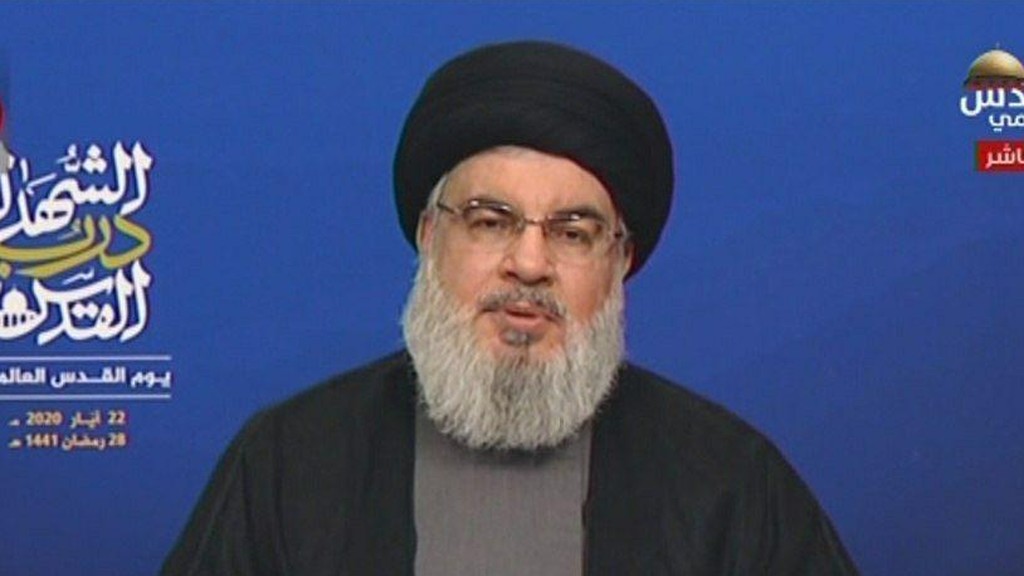

Hezbollah leader Hassan Nasrallah gives a video address to his supporters
(Photo: Screenshot)
Israelis must understand that as long as Iran does not have nuclear weapons, Hezbollah's missile arsenal, along with other weapons in their possession, are the most serious physical threat to the country.
This missile arsenal, which only world superpowers currently have, will become an existential threat to the citizens of Israel if and when the Iranians and Hezbollah succeed in significantly increasing the number of precision missiles and rockets in the possession of both the Shiite organization in Lebanon and the Shiite militias loyal to Iran in Syria and Iraq.
A large number of precision missiles would severely challenge the capabilities of the Israeli air defense systems. Even if we do come out victorious in the next war in the north, our losses may be unbearable.
A preemptive strike by Israel is almost the only way to deal with this challenge without paying an unbearable price and at the same time produce a strong and stable deterrent in the face of the radical Shiite axis.
Nasrallah's "deterrence" policy might be exactly what we need to give us some much-needed international legitimacy to exercise our right for self-defense. The lack of such legitimacy is what stopped us from striking Hezbollah up until now.
We may have had the opportunity to land the required preemptive strike against Hezbollah, and it is a pity we did not take it.
Conditions in the international arena are now much more favorable for Israel, and Nasrallah has given us a legitimate reason from a national and international standpoint to act in a decisive manner.
Nonetheless, it was the right decision not to kill the cell on the slopes of Mount Dov. Not because of the not-quite-convincing excuse that we need to focus on the Iranian strategic threat, but because of the coronavirus pandemic.
A military operation in Lebanon requires calling up a large number of reserve soldiers, which would have caused an uncontrollable outbreak among the troops.
7 View gallery
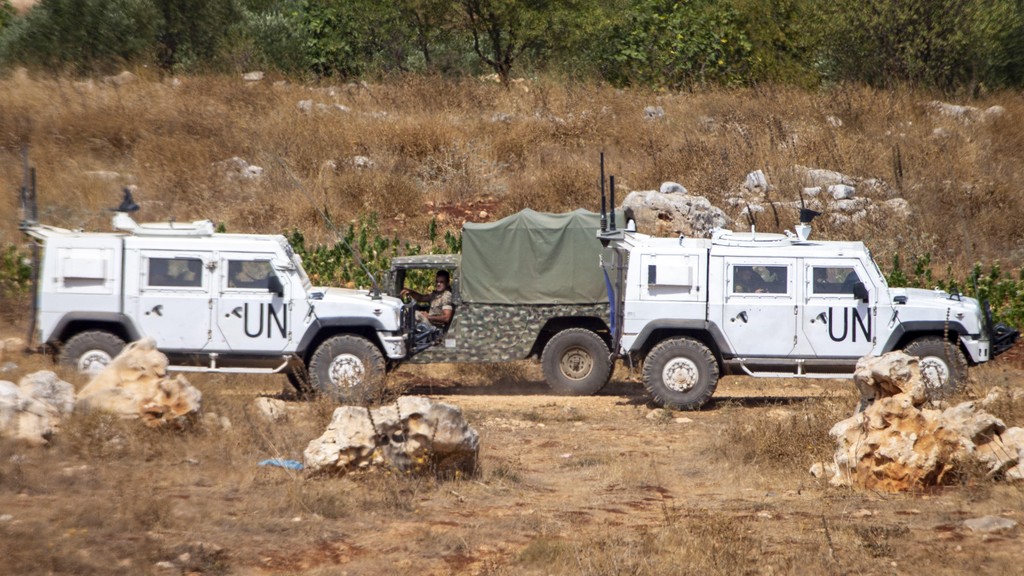

Lebanese soldiers on patrol drive by UN vehicles on the border with Israel, July 28, 2020
(Photo: AP)
The lack of sufficient financial and sanitary resources such as hospital beds will also surely prevent the government from successfully managing a security crisis. Not to mention the current political leadership crisis that bodes nothing but bad news during wartime.
Therefore, the decision to show restraint was the right call. But if Nasrallah is arrogant and irresponsible enough to retaliate, action must be taken.
A preemptive strike is the best way to get rid of the organization's missiles, thus eliminating the threat and creating a deterrence.
And while this was not the right time, Nasrallah is sure to give us more opportunities in the future.


